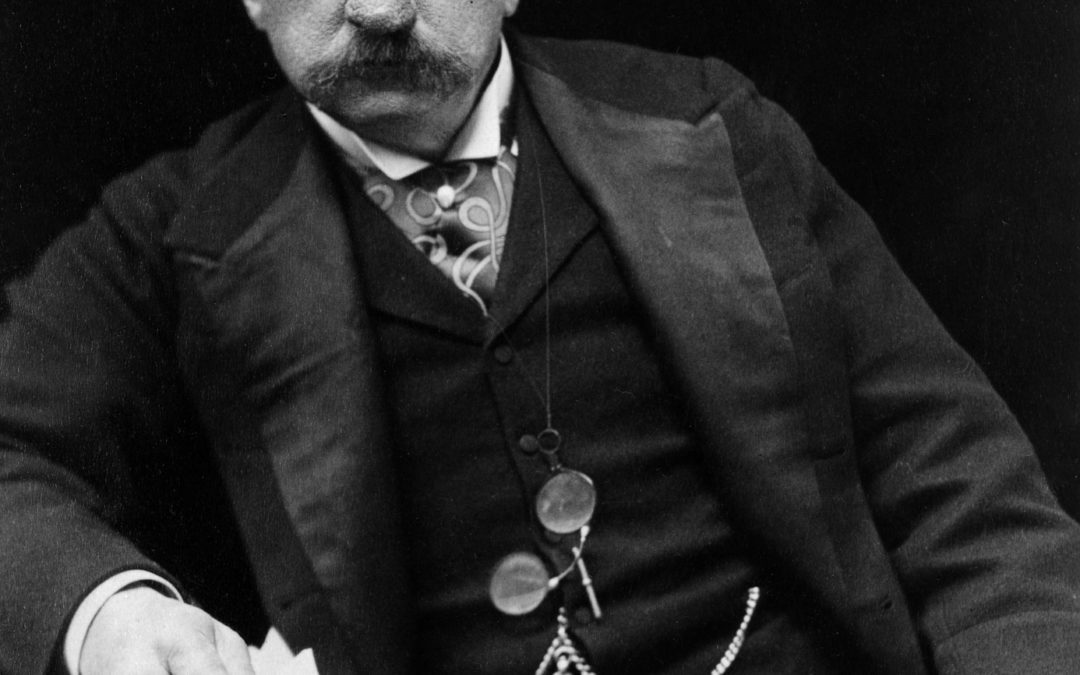Misconduct in consulting firms
“Big four consulting firms Deloitte, EY and KPMG have collectively forced out three dozen personnel over the past two years for misconduct, including at least 14 partners”, according to the Australian Financial Review.
“Big four consulting firms Deloitte, EY and KPMG have collectively forced out three dozen personnel over the past two years for misconduct, including at least 14 partners”, according to the Australian Financial Review.
In “The Psychopath Epidemic” I mentioned the police force as being one natural workplace you might expect to find a high concentration of psychopaths. Any job that involves sanctioned violence and community power is probably attractive to psychopaths. I also talked about how enough psychopaths in leadership of an organisation can lead to a psychopathic culture inside the entire organisation.
My home state of Queensland, Australia has recently held a ‘Commission of Inquiry into Queensland Police Service (QPS) responses to domestic and family violence’. Not surprisingly, ‘the commission found “ample evidence that there were cultural issues within the Queensland Police Service which inhibit the policing of domestic and family violence” ‘, according to the ABC.
The report says “…the commission has found clear evidence of a culture where attitudes of misogyny, sexism and racism are allowed to be expressed, and at times acted upon, largely unchecked”.
It also uncovered “cases of sexual harassment, rape and bullying in the ranks with those allegedly responsible facing little to no punishment….The report found there was a view that the senior leadership in the service lacked “integrity” and there was a “pervasive culture of fear and silence in the organisation”… which prevents officers from speaking up about cultural issues and the changes that need to be made to improve QPS responses to domestic and family violence.”
It all sounds like a psychopathic culture to me. And, of course, this isn’t anything new in QLD. Back in the 1980s, we had the infamous ‘Fitzgerald Inquiry‘, prompted by media stories about high-level police corruption, and which lead to the ‘jailing of three former ministers and the Police Commissioner (who also lost his knighthood)’. The QPS was reformed… but it sounds like those reforms have been undone in the last 30 years.
In my opinion, the only way to prevent psychopathic cultures is to a) make all senior employees to sit a formal, professionally-conducted psychopath test (aka the PCLR) and b) have a governance committee made up of non-psychopaths whose job is to review all of the managerial decisions made by anyone who scores high on the PCLR.
Without protections like these in place, you can make all of the reforms you want, but, over time, I’d expect these cultures to regress back to one where the psychopaths hold too much power.
Some new research out of Spain suggests psychopaths might be more prevalent than we currently think.
In a meta-analysis of existing research, which involved 16 samples of adults totalling 11,497 people, the researchers concluded “the prevalence rate of psychopathy in the general adult population at 4.5%” or perhaps as high as 5.4%. This is much higher than the standard 1% figure I found in existing literature while writing the book. The samples of participants came mainly from the USA.
Individuals who mimic empathy in order to get what they want out of someone, are possibly psychopathic. What should we call it when brands do the same thing?
And what should we think about executives and marketers who think that mimicking empathy is a sound business strategy for building long-term relationships with customers?

Psychopaths are happy to break the law if it increases their wealth and power – especially when they know they will probably get away with it, or pay a paltry fine and be on their way.
In other news, “JPMorgan to pay $920 million for manipulating precious metals, treasury market”.

“What Else Explains America’s Bizarre, Shocking Indifference to Everything That Matters?”
From this great article by Umair Haque.
While I don’t think the United States has a monopoly on psychopaths, I do make the case in the book that capitalism has made it easier for psychopaths to get their hands on wealth and power. I also talk about how psychopaths in positions of political power can bring an entire country to exhibit psychopathic behaviours, and I think the United States is a good case study.